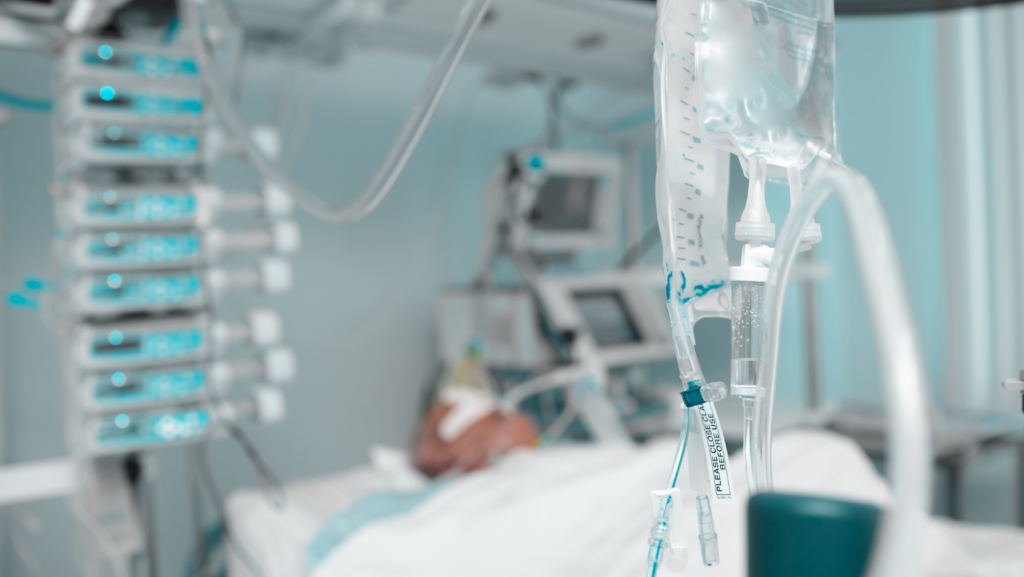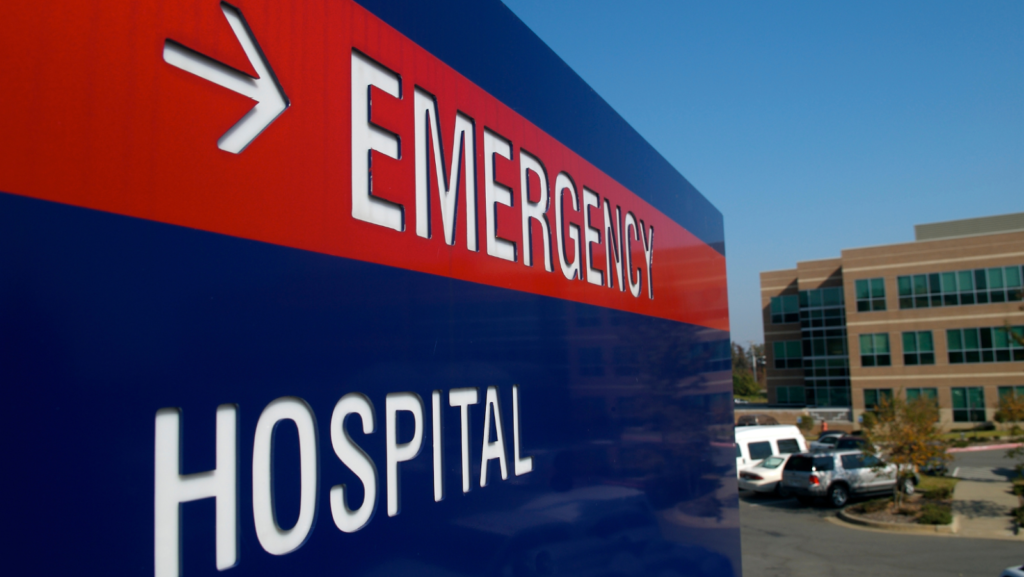Most hospitals that provide critical health care services have established emergency rooms where their patients can seek rapid attention when they suffer severe diseases and injuries that cannot be treated or managed at home, at an urgent care center, or in the hospital resident doctor’s office. You don’t need an appointment to get to the emergency room, and you can receive assistance via your own vehicle or an ambulance. But how can you tell if you’re a good fit for Houston Medical ER? Here’s all the information you need to know to get started.
When is it Apropriate to go to The Emergency Room?
In most health facilities, the emergency room is open 24 hours a day, but the degree of staffing is determined by the number of patients who need immediate attention.
Because people arrive in the ER for a variety of reasons, the department is equipped to deal with a wide range of ailments and injuries. All but a few of them are life-threatening and must be addressed immediately. In most emergency rooms, services are provided to anybody who needs them, regardless of their ability to pay.
What to do if You Can’t Get a Ride to The Hospital?
When you have a sneaking suspicion that something bad is about to happen, you should head to the nearest emergency room right away. Broken bones, heart attacks, and strokes are only a few examples.
Life-threatening or potentially disabling injuries like spinal cord or brain damage can be treated at the emergency room. You will also need rapid assistance if you have been poisoned or think that you have been poisoned.
It is important to call 911 in some circumstances, such as when you experience shortness of breath or difficulty breathing, and you see specific signs and symptoms.
Some allergic symptoms, such as swollen lips and tongues, necessitate immediate medical attention. Other warning indicators include difficulties speaking or a sudden inability to speak, a back or neck injury, difficulty moving your arms and legs, severe swelling in your arms and legs after a fall, or an impactful accident. Other warning signs include
The Type of Help You Will Get From an ER
A doctor and a team of specialists are ready to help you when you arrive at an emergency department. This team of doctors is always available to handle patients’ unique problems and even perform emergency surgery if necessary.
All of the required medications and equipment are available in the emergency departments to treat patients with life-threatening diseases or injuries. Additionally, you have access to cutting-edge diagnostic tools such as MRIs (MRI)
After arriving at an ER, your ER doctor and nurses will do a thorough assessment of your situation in order to identify the best course of action for you. Urine, blood, X-rays, and imaging tests can all be ordered by the doctor.
To ensure that you receive proper care, your ER doctor may consult with another physician over the phone. You will be given instructions and a prescription for follow-up care when your treatment is completed.
For continued observation and treatment, you will be given a specific date to return to the hospital.
All clients who check in receive high-quality emergency care. If you believe you have a situation that necessitates the use of an emergency room. Visit right away or dial 911 for an ambulance. You will receive the greatest treatment and attention possible.














































































































